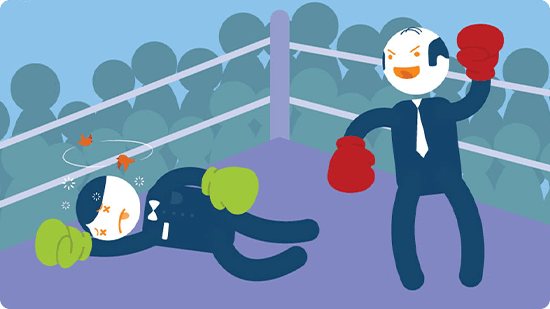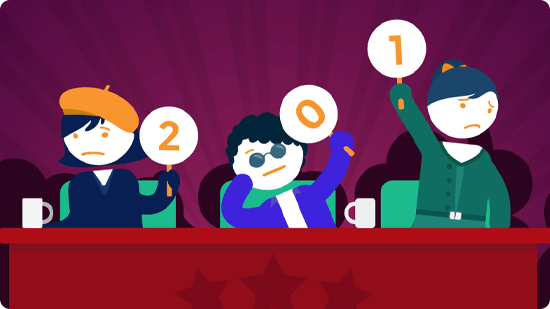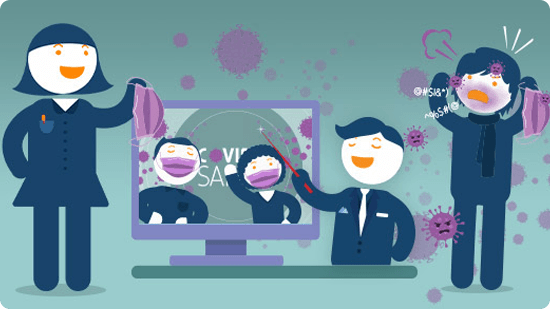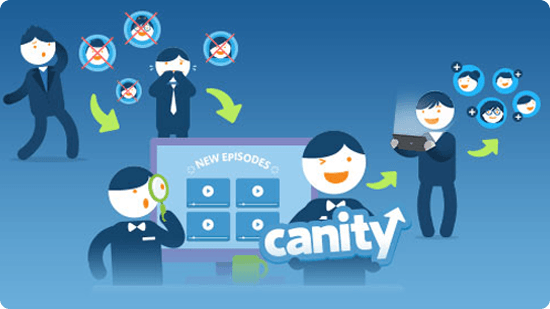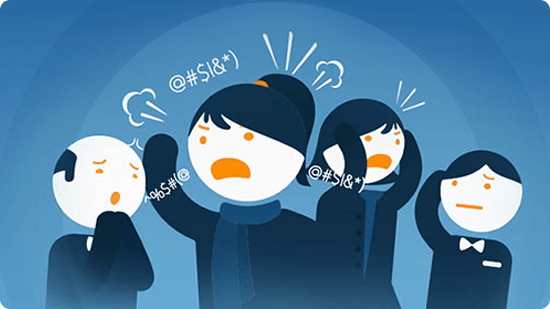We’re all masters of our own habits; both good and bad. Whether you’re a nail-biter, a runner or a compulsive meal photographer, the action performed is something that’s become so habitual you’ve completely forgotten the notions involved in doing it.
Developing productive habits within the workplace can be a tricky task. Take creativity as an example: how can you become more easily creative at work and how can you take that creativity and turn it into a habitual part of your working day?
Developing smart and successful habits is a matter of evolving your behaviour and changing your surrounding environment so that bad habits are hard to accomplish and good habits are more accessible. For example, to encourage creativity during my work-day I may set up a daily reminder to focus on creative tasks at certain times, or keep a bookmark of inspiring articles to read during my downtime.
In my habit-exploration I’ve taken solace from the late author Stephen Covey, the man behind “The 7 Habits of Highly Effective People.” Here’s what he had to say on the topic of habit-making – feel free to print this in bold and stick on your desktop; I have.
“To learn something but not to do is really not to learn. To know something but not to do is really not to know.”
Mastering Productive Habits
Mastery Learning is a philosophy for a new age of education: students need to master new concepts or skills before moving onto other learning components. The theory of Master Learning easily carries across to the workplace when the time comes to teach staff new skills – you need a smart training plan.

We live in a fast-paced world where information needs to be easy to understand, compelling and most importantly, succinct. When it comes to staff training, you’re more likely to notice improvements if you don’t bombard your staff with information but rather expose them to a little bit each day. Make an effort to touch on new skills every day so your staff retain the knowledge and improve on a continual basis.
Staff Training
By implementing short periods of daily skills-training with your staff and incorporating it into their current workload, you’ll start to generate new thoughts, ideas and discussions within your team.

As you watch your staff grow every day you’ll see how important these good habits become, and the next time a new system needs to be introduced, the task of training up your team will be a piece of cake!
The team here at Canity love hearing new ideas about how to develop smart habits, so if you’ve got any handy tips, let us know!
-Cassie







